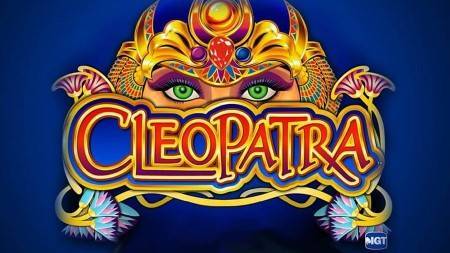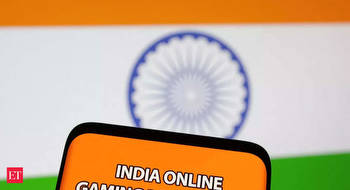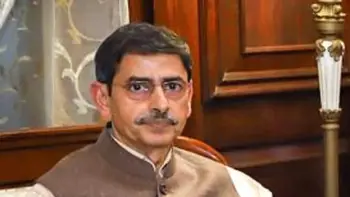Tamil Nadu ‘excessive’ online gambling law struck down-what does it mean for India’s gaming industry?

The Tamil Nadu government’s recently enacted law that bans online betting games like rummy and poker has been declared as invalid.
‘Excessive and disproportionate’ law not valid
A few weeks ago, the Madras High Court struck down the Tamil Nadu Gaming and Police Laws (Amendment) Act, 2021, on grounds that it does not follow the national Public Gaming Act, 1867. The first bench of Chief Justice Sanjib Banerjee and Justice Senthilkumar also described the Tamil Nadu legislation as “excessive and disproportionate” to its object.
The Tamil Nadu government amended its current gambling laws in February 2021, which led to the online versions of games like rummy and poker illegal in the state. The bold legislation, which banned betting or wagering in cyberspace on poker, rummy and games of skill if played for a wager, bet, money or other stakes, sought to give violators up to two years in prison or fine not exceeding Rs 10,000.
The ban, according to the state government, was necessary to stop the rising popularity of online gambling—given that many activities in a mobile-first country like India have shifted online amid the ongoing COVID-19 lockdowns. The government’s move disappointed online casinogame enthusiasts and resulted in many groups challenging the rummy ban before the Madras high court one month after it was announced.
The petitioners told the court they have been offering online games legitimately across the country and the unreasonable ban infringes their rights, noting, “Since 1968, the Supreme Court has made it clear that rummy is a game of skill and not a game of chance. Therefore, online rummy cannot be banned.”
The Madras High Court upheld the Supreme Court’s interpretation of the term “gambling” to mean only games of chance, whereas rummy is considered purely a game of skill. According to Chief Justice Sanjeeb Banerjee, “When it’s a game of skill, Article 19 (1)(g) (right to practice any profession, or to carry on any occupation, trade or business) comes into play.”
Although the court struck down the amendment and called it unconstitutional, it stated that “its directive would not prevent the government from introducing appropriate legislation conforming to Constitutional principles of propriety.”
Verdict a boost for India’s online gambling industry
The high court’s decision marks another step forward for the online gambling industry in India, which has been beset by its murky legal position in the country. And this is why there is a consensus among operators and law experts thatIndia needs a uniform regulation for the gambling industry.
A New Indian Express report quotedindustry experts, who said, “Instead of imposing a blanket ban on online gambling, including rummy, the government should chalk out stringent policies to regulate the games. A blanket ban will do more harm as it will boost illegal gaming activities in the country.”
Law firm Touchstone Partners and its partner ENV Media are also working to address, analyse and review India’s online gambling legal landscape. Uday Walia, partner at Touchstone Partners, recently said: “We are hopeful that the Indian regulatory framework will be amended to encourage additional participation, not least because as a country we have much to gain from regulating activities such as gambling and betting.”
As analysts from online casino comparison site SevenJackpots pointed out, “A regulated market is better than an illegally functioning one. Examples of effective gambling regulation are found easily: licensing, taxation, and monitoring come first. Corruption and lobbying need to be rooted out with precise legal definitions, altogether raising consumer protection standards.”


































